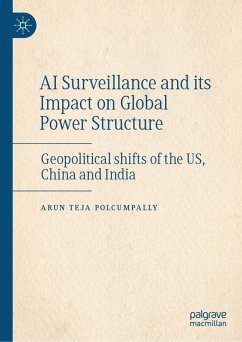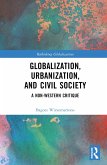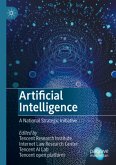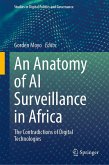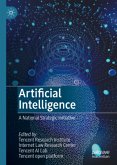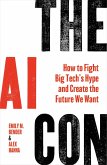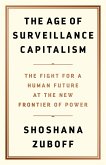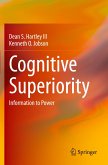This book explores AI's geopolitical impact, particularly its influence on global power structures and the interplay between states and private companies. It explores whether Neo-Realism or Neo-Gramscian theory better explains the effects of AI surveillance.
Two hypotheses are examined: first, China s export of AI surveillance will challenge the U.S. s superpower status; second, private companies will surpass states in power through AI. The research supports the first hypothesis but finds limited evidence for the second.
Using congruence analysis, it evaluates these theories with data from reports, indices, and policy papers. Findings show Neo-Realism aligns with observations, emphasizing state to remain as the primary agency in conducting international relations. In contrast, Neo-Gramscian theory underlines interactions between world order and social factors and hits at the emergence of private companies as new agencies in explicitly conducting international relations. However, there is limited evidence to support structural shifts within the state that provides greater influence to AI or platform companies.
The book critiques both theories, highlighting their limitations in addressing AI s general-purpose nature, emergent agencies, and socio-political transformations. Policy recommendations include robust domestic AI legislation, international collaboration, and a governance body representing states, industry, and the public to ensure balanced AI geopolitics and governance.
Two hypotheses are examined: first, China s export of AI surveillance will challenge the U.S. s superpower status; second, private companies will surpass states in power through AI. The research supports the first hypothesis but finds limited evidence for the second.
Using congruence analysis, it evaluates these theories with data from reports, indices, and policy papers. Findings show Neo-Realism aligns with observations, emphasizing state to remain as the primary agency in conducting international relations. In contrast, Neo-Gramscian theory underlines interactions between world order and social factors and hits at the emergence of private companies as new agencies in explicitly conducting international relations. However, there is limited evidence to support structural shifts within the state that provides greater influence to AI or platform companies.
The book critiques both theories, highlighting their limitations in addressing AI s general-purpose nature, emergent agencies, and socio-political transformations. Policy recommendations include robust domestic AI legislation, international collaboration, and a governance body representing states, industry, and the public to ensure balanced AI geopolitics and governance.

